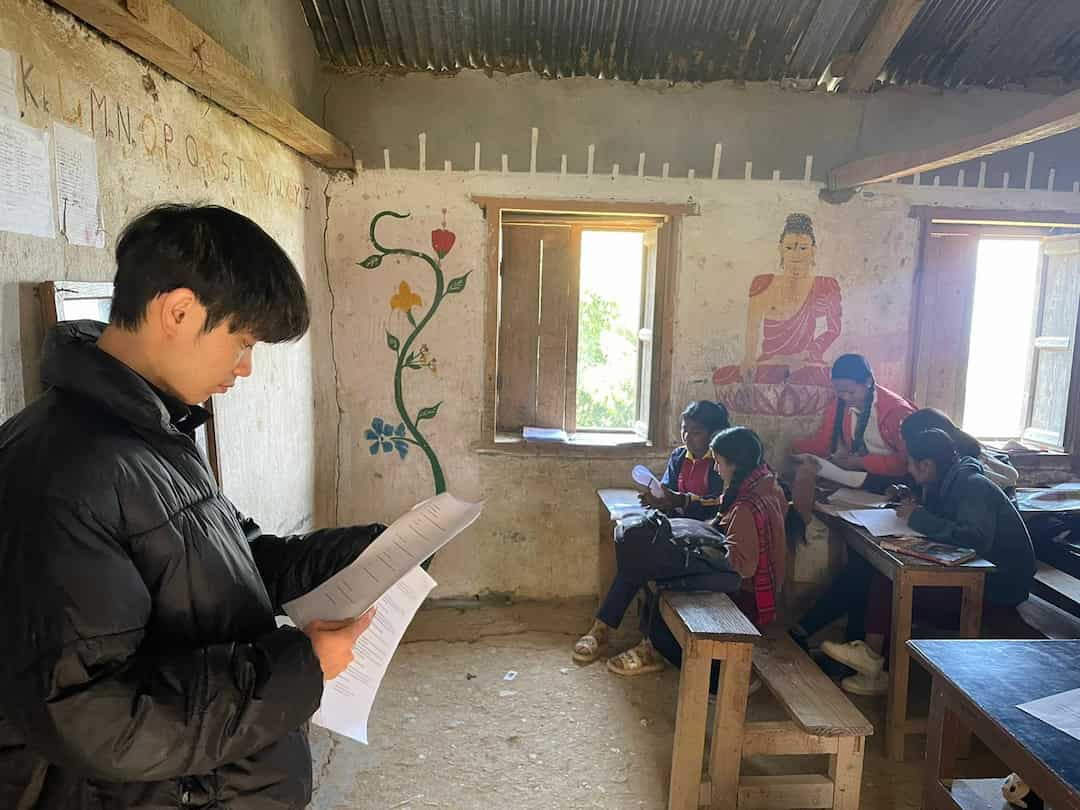
Teacher Development Volunteer Programs in Nepal
[et_pb_de_mach_content _builder_version=”4.27.0″ _module_preset=”default” global_colors_info=”{}”][/et_pb_de_mach_content]
Volunteering | Partner with us | Sponsor a child | FAQ
